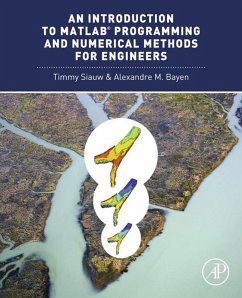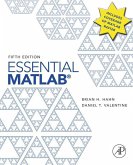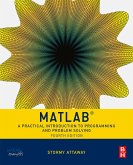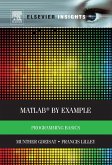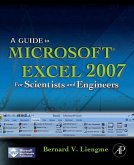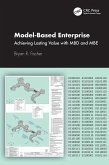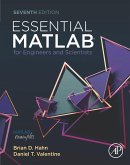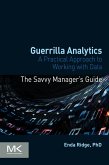- Tips, warnings, and "try this" features within each chapter help the reader develop good programming practices
- Chapter summaries, key terms, and functions and operators lists at the end of each chapter allow for quick access to important information
- At least three different types of end of chapter exercises - thinking, writing, and coding - let you assess your understanding and practice what you've learned
Dieser Download kann aus rechtlichen Gründen nur mit Rechnungsadresse in A, B, BG, CY, CZ, D, DK, EW, E, FIN, F, GR, HR, H, IRL, I, LT, L, LR, M, NL, PL, P, R, S, SLO, SK ausgeliefert werden.
Hinweis: Dieser Artikel kann nur an eine deutsche Lieferadresse ausgeliefert werden.
...a clear and easy-to-read book that introduces two fundamental subjects for future scientists and engineers: computer programming and numerical computing." --Computing Reviews

